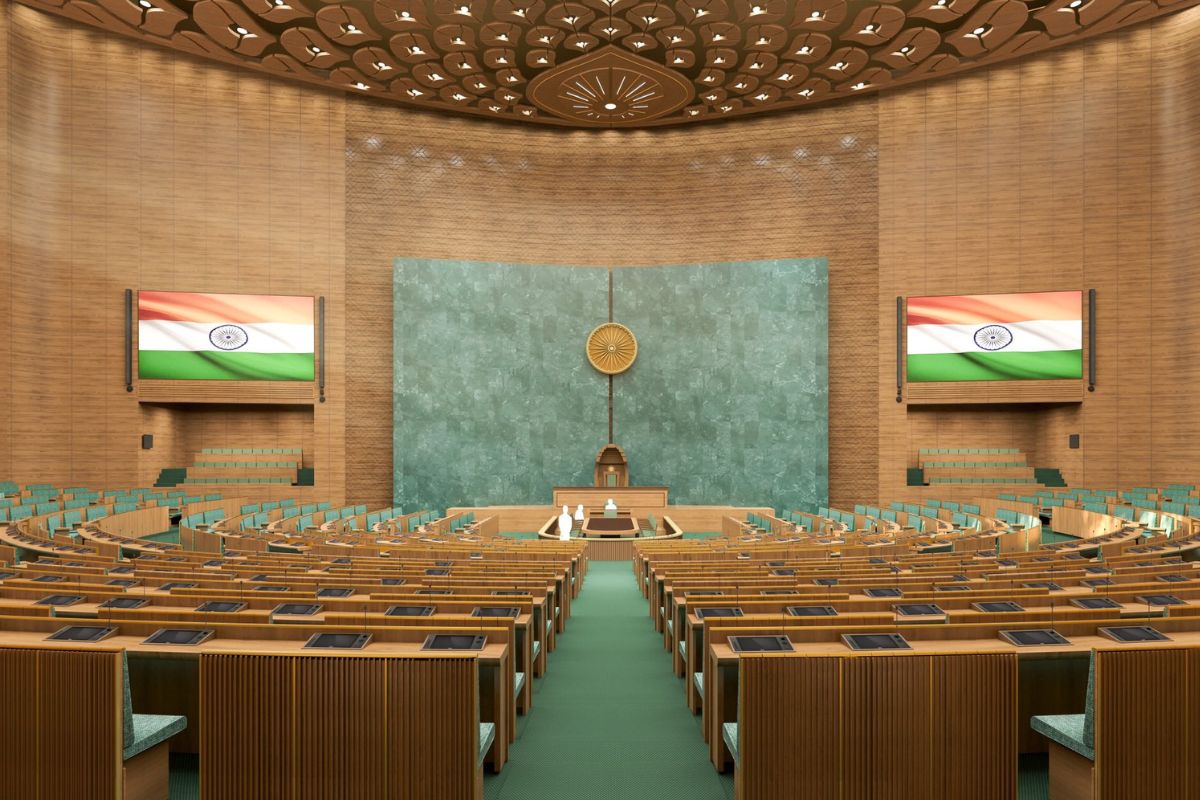


In a Lok Sabha MUN, participants act as Members of Parliament and debate Indian political and policy issues in a parliamentary style. The agenda “Implication of One Nation, One Election” focuses on discussing the idea of holding simultaneous elections for the Lok Sabha and State Legislative Assemblies.
Delegates present their party’s stance, highlight the advantages such as reducing election costs, ensuring governance stability, and increasing efficiency, while also addressing challenges like constitutional amendments, federalism concerns, and logistical hurdles.
Through speeches, debates, questioning, and drafting resolutions or bills, participants analyze how this reform could impact India’s democracy, governance, and electoral process, before reaching a conclusion through voting.Founded in 2006, the UNHRC has become a key UN body addressing human rights issues, with 47 member states elected to promote and protect fundamental freedoms worldwide.
The Speaker (Chairperson) calls the house to order, ensures discipline, and takes attendance. The agenda for discussion is officially announced.
Each delegate, representing a political party or MP, gives a short speech presenting their party’s stance on the agenda. This sets the tone for the debate.
Delegates are recognized by the Speaker to speak one by one. Here, MPs argue, present policies, and question each other. Points of Information and Points of Order may be raised.
Delegates interact informally, form alliances, and negotiate. They work together to draft bills, resolutions, or amendments based on their party’s interests.
The drafts or bills prepared are introduced in the house. The Speaker allows debate on these documents, and delegates may suggest changes or amendments.
The Speaker calls for a vote on the bills or resolutions. Delegates vote For, Against, or Abstain. A majority decides whether the proposal is passed.
The Speaker announces the result, summarizes the discussion, and formally adjourns the session.